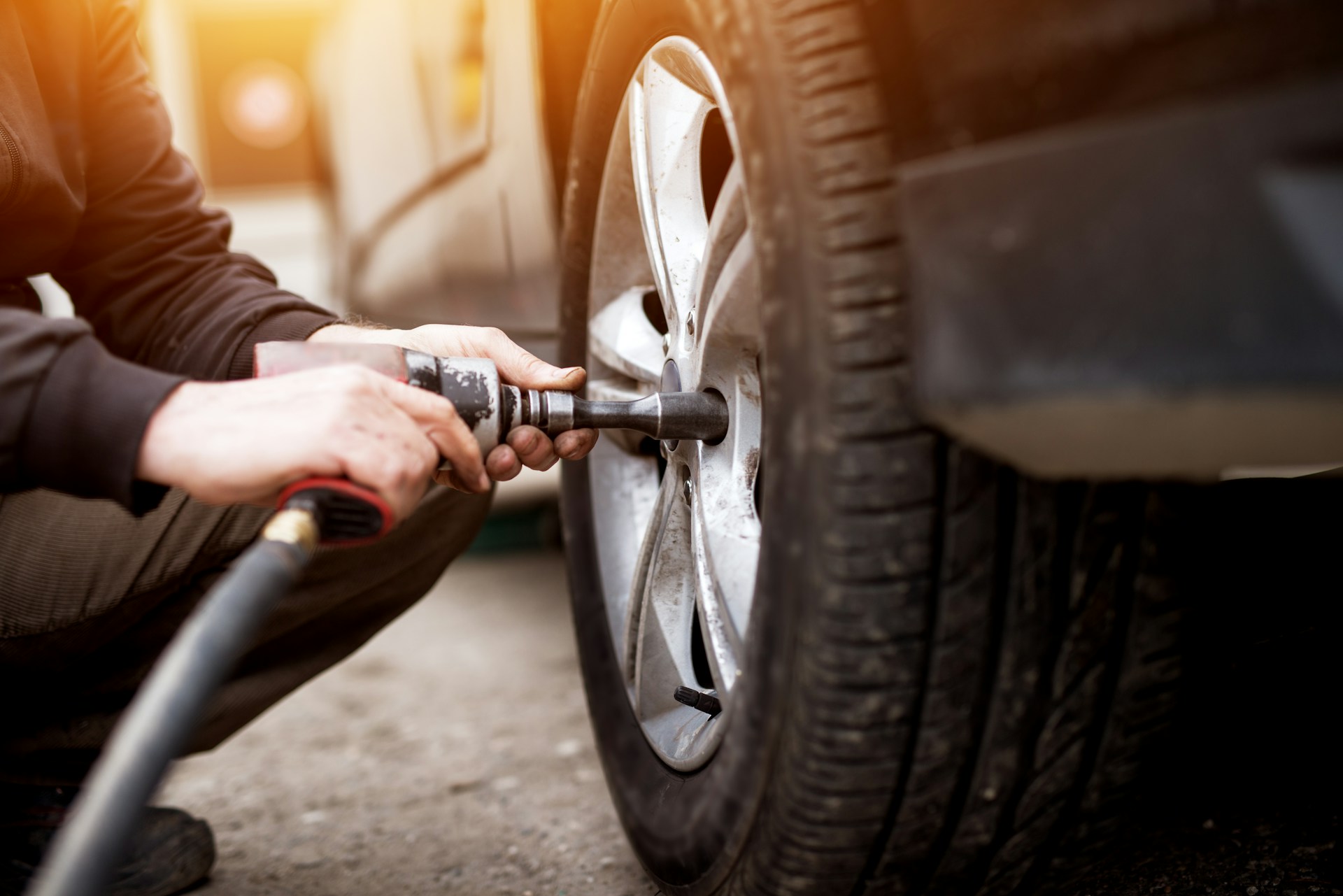Alloy wheels can significantly enhance the appearance and performance of your vehicle. However, with time and use, these wheels may become susceptible to damage or wear, which could negatively impact your car’s driving capabilities and aesthetics. Alloy wheel refurbishment offers a solution to these issues by restoring your wheels’ structural integrity and providing them with a refreshed appearance. East Coast Coatings, a leading alloy wheel refurbishment business based in Larne, Co. Antrim, specialises in providing tailored and detail-oriented services, ensuring that your wheels are not only visually appealing but also safe and structurally sound.
For those who have not previously undergone the refurbishment process, it might be helpful to understand the different stages involved and the importance of leveraging professional services to attain top-quality results.
Unlock the full potential of your alloy wheels by entrusting your refurbishment needs to the skilled professionals at East Coast Coatings. Our experience and dedication to the craft will guarantee flawless results that improve the safety, performance, and appearance of your vehicle.
Initial Inspection and Damage Assessment
The first step in the alloy wheel refurbishment process involves a thorough inspection of your wheels to assess the extent of the damage. This stage is crucial, as it helps technicians identify any scratches, scuffs, chips, dents, or areas of corrosion that need addressing. The assessment also encompasses identifying underlying structural issues, such as wheel imbalance or alignment problems, which may cause uneven tyre wear or impact driving performance. By conducting a comprehensive evaluation of the wheels, professionals can determine the best course of action and create a tailored refurbishment plan.
Cleaning and Surface Preparation
With a clear understanding of the damage, technicians proceed to the cleaning and surface preparation stage. This step is vital in ensuring the success of the subsequent refurbishment process. By removing any dirt, grease, or old paint from the wheels, professionals can create a smooth, clean surface that’s ready for further repair and finishing treatments.
During this stage, technicians may use various techniques, such as media blasting, to strip away old paint or coatings. They will also address any areas of corrosion or mineral deposits on the wheel. In some cases, a chemical dipping process may be employed to remove stubborn contaminants.
Repairing Structural Damage
Once the wheels are clean and free of debris, the repair process can begin. Depending on the extent of the damage, this stage may involve a range of techniques. For instance, technicians may use specialised fillers to repair chips, dents, and scuffs or precision machines to straighten bent rims.
Repairing any structural damage is crucial not just for aesthetics but also for ensuring safer driving conditions and better wheel performance. In cases of severe damage, such as cracked or irreparable rims, wheel replacement may be recommended instead of refurbishment. Professional advice is invaluable in such situations, as undertaking the refurbishment without addressing underlying structural concerns may lead to safety compromises.
Applying the Finish and Final Inspection
The final stage of the refurbishment process involves the application of the chosen finish, which includes options like powder coating, wet paint, or even diamond cutting. East Coast Coatings specialises in powder coating, which provides a durable and long-lasting finish that resists chipping, scratching, and fading. The process involves electrostatically applying a dry powder to the wheel’s surface and then curing it under heat, forming a hard and uniform coating.
After the finishing process is complete, a final inspection is conducted to ensure the wheels meet quality standards and do not show any remaining damage or defects. This step verifies that the refurbishment has achieved its goal of restoring the wheels to their original condition while also improving their structural integrity and overall appearance.
Maintaining Your Refurbished Alloy Wheels
1. Regular Cleaning
To keep your refurbished alloy wheels in tip-top shape, regular cleaning is essential. Use mild soap and water to remove dirt, brake dust, or salt deposits that may accumulate over time, causing potential damage to the wheel’s finish, and rinse thoroughly to avoid water spots.
2. Avoid Harsh Chemicals
When cleaning your alloy wheels, avoid using harsh or abrasive chemicals that may strip away the wheel’s protective coating. Opt for gentle, pH-neutral cleaning products specifically designed for alloy wheels, as these are less likely to cause damage to the finish.
3. Check for Damage
Be proactive in checking your wheels for signs of damage or wear. Regularly inspecting your alloy wheels and identifying issues early can help prevent further damage from escalating and ensure a quick repair or refurbishment when needed.
4. Invest in Wheel Protection Products
Consider investing in wheel protection products, such as alloy wheel sealants or ceramic coatings, to provide an additional protective layer against the elements and road debris. These products can help maintain the integrity of your alloy wheels, prolonging their lifespan and keeping them looking their best for longer.
Conclusion
Understanding the alloy wheel refurbishment process and the importance of seeking professional services can help you make the right choices for your vehicle’s wheels. East Coast Coatings, with our expertise in alloy wheel refurbishment and powder coating, offers comprehensive services to ensure your wheels’ structural integrity and aesthetic appeal are restored and maintained.
If you want to safeguard your investment and relish the enhanced visual appeal, safety, and performance of your alloy wheels, opt for a professional alloy wheel refurbishment in Newtownabbey. Experience the difference that expertly refurbished alloy wheels can make. Connect with East Coast Coatings now for a tailored consultation.

